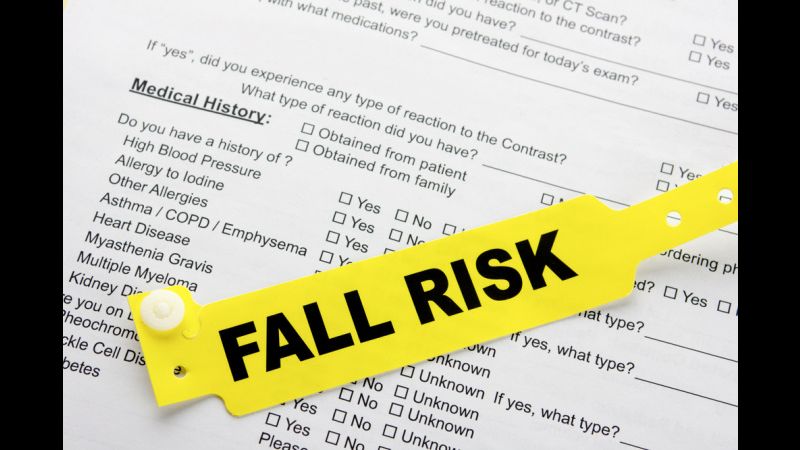For those caring for the elderly, it is important to be aware of the major fall risk factors. Nearly 40% of seniors will experience a fall each year, with the possibility of serious complications like hip fractures, concussions, and even death. Great care needs to be taken to ensure that a home is free of the main fall culprits, as well as caregivers being educated on the signs they should look for in their charges.
By the Numbers
There exists a certain subset of the senior citizen community that is at a statistically increased risk for a fall. Research has found that the following factors create the highest level of risk:
- Inside the home
- Women
- Inactive lifestyle
- Have a disability
- Older Age
- Lower cognitive function
- Taking more medications
- Overall poorer health
While most falls do occur indoors – younger senior citizen men are at higher risk for outdoor falls.
Medical Risk Factor
There are a variety of medical conditions, situations, and medications that can increase one’s risk of experiencing a debilitating fall. The following is a list of high-risk activities and medical conditions that can lead to a fall.
- Weakness of leg muscles
- Vision problems
- Blood pressure drop caused by sitting or standing
- Foot conditions or foot pain
- Any balance or mobility issues
- Any sensory limitations
- Confusions, dementia, or cognitive decline
- Medications that can cause dizziness, sleepiness, and confusion
- The number of medications taken
Environmental Risk Factors
Most falls occur in the home, and there are certain rooms and items in the house that present a higher risk than others. Caregivers need to be aware of where the highest level of risk is for their clients to ensure that precautions are taken. The following are high-risk areas and items in the home:
- Any clutter on the floor
- Area rugs and bathroom rugs
- Bath tubs and showers that have a step
- Stairs, especially those without an adequate railing
- Kitchens, especially if there has been a spill
- Any situation requiring carrying a heavy object
To provide safe care for senior citizens, caregivers need to be able to see the risk potential in their client, as well as in their environment.

